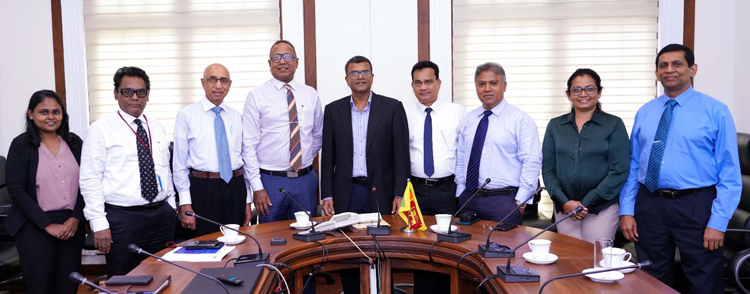January, 7, 2025

The Government of Sri Lanka has prioritized the implementation of the National Single Window initiative to enhance services for exporters and importers of raw materials essential to local industries. Deputy Minister of Finance, Dr. Harshana Suriyapperuma, announced during a recent progress review meeting that the Department of Imports and Exports Control began offering its services online as of January 1, 2025. Additionally, the Sri Lanka Standards Institution is already providing online services to support exporters and importers.
Several other government agencies have also commenced online facilitation of services, albeit with varying levels of progress. Representatives from five major chambers of commerce—the Ceylon Chamber of Commerce, National Chamber of Commerce, National Chamber of Exporters, Federation of Chambers of Commerce and Industries, and International Chamber of Commerce—welcomed these efforts and expressed their appreciation for the initiative.
The move towards digital service delivery by key government agencies enables exporters and importers to fulfill compliance and regulatory requirements without needing to physically visit institutions. This shift is expected to improve efficiency and competitiveness.
During the meeting, the Deputy Minister and other participants reviewed the progress made by various agencies in providing online services. They invited the chambers to share their feedback and observations to help prioritize the implementation of the system until the National Single Window becomes fully operational. Participants noted that progress had been limited since the initiative began in 2017 and emphasized the need to accelerate efforts to provide a competitive edge for exporters and importers.
The project, overseen by the Ministry of Finance since receiving Cabinet approval in June 2022, is supported by ongoing consultations. The Deputy Minister urged the chambers to remain engaged with stakeholders to ensure transparency, facilitate a production-driven economy, boost exports, and streamline the import process for the benefit of producers and consumers.
Video Story